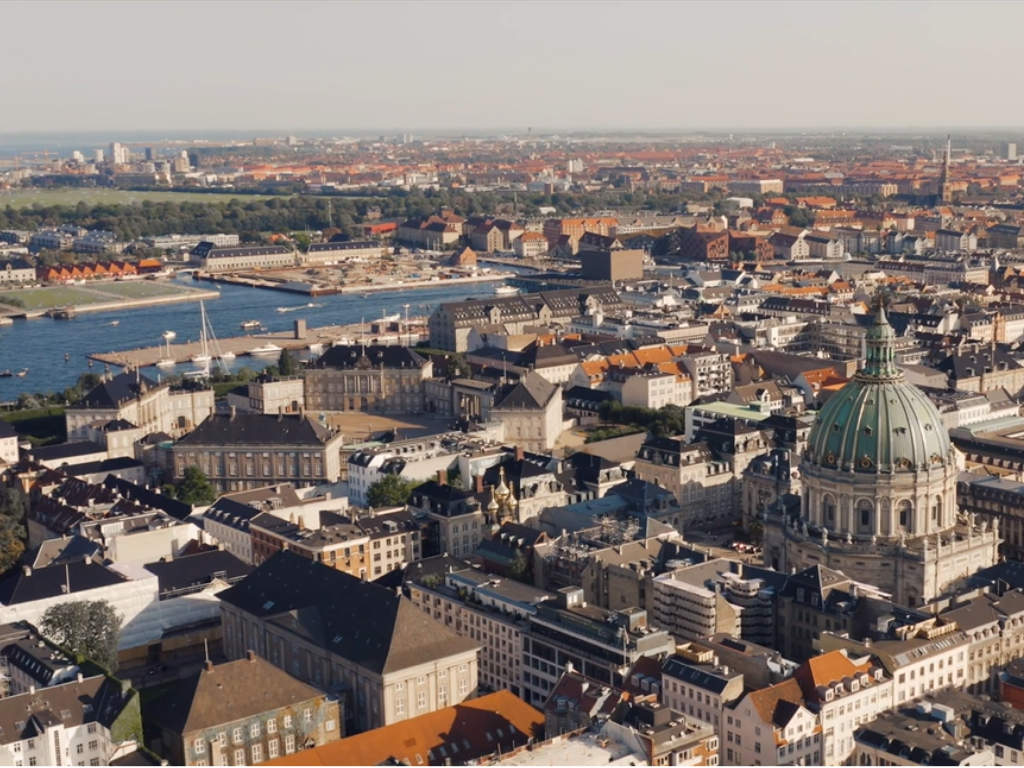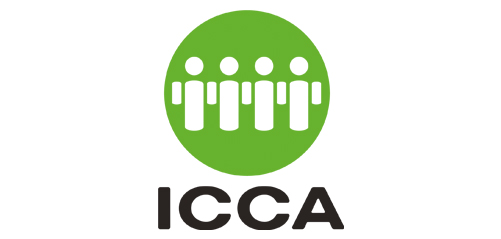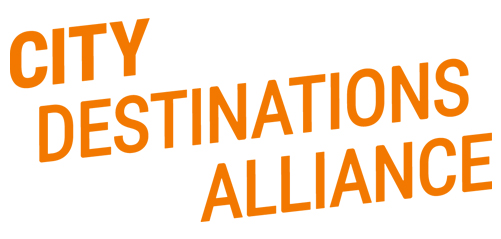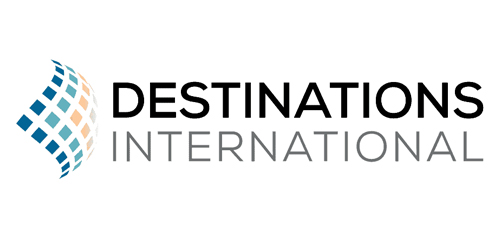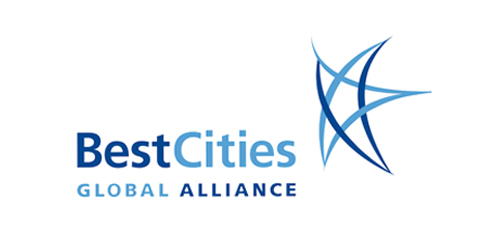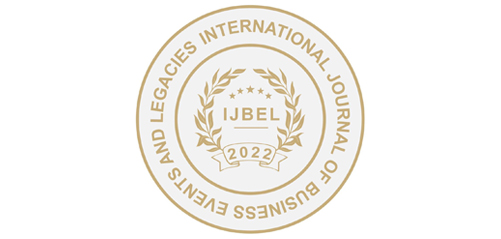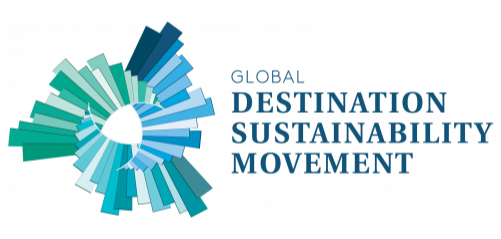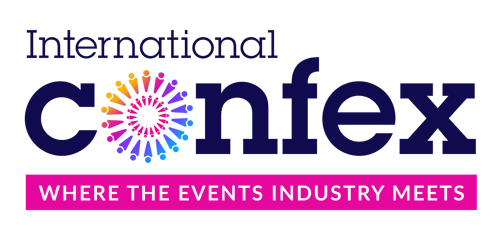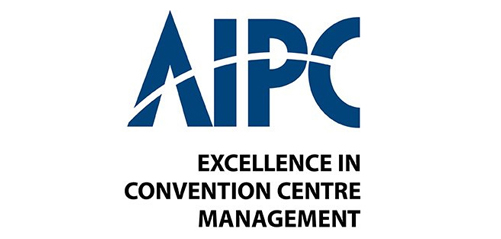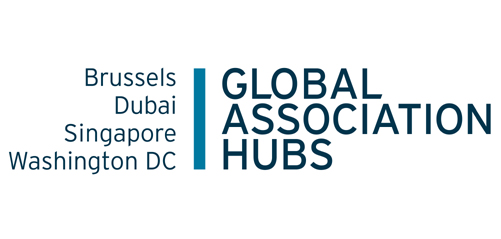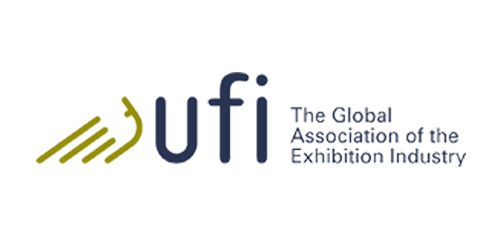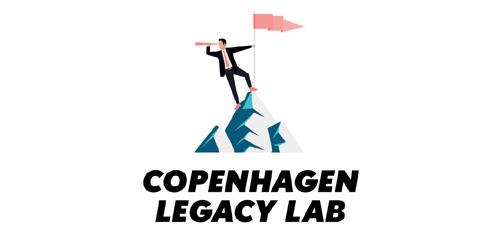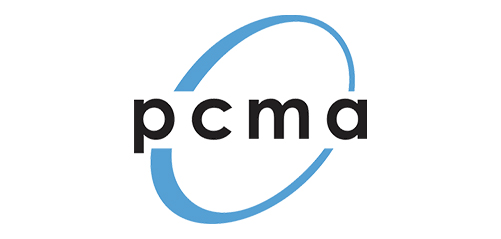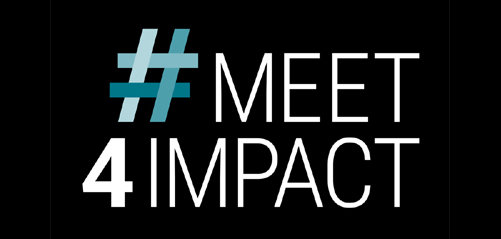On the shoulders of the many
The 28th UIA World Congress of Architects took place in Copenhagen from July 2-6, 2023. Its rallying call: “Sustainable Futures – Leave No One Behind” attracted more than 6,000 delegates from all corners of the built environment and from 135 countries.
Convening in the Danish capital, the world’s leading architectural event provided a vibrant platform for the exchange of ideas, a bold look into the future of design & construction, and a rallying call for decisive action and measurable impact aligned to the 17 UNSDGs.
Architects from both the public and private sectors met to discuss and create feasible and consistent means to achieving equitable, inclusive, and sustainable futures for everybody across the sector and within the framework of the SDGs.
An emphasis on youth engagement was evident throughout the event triggered by the belief on the part of the Congress board that the earlier the engagement, the longer tail impact of the event will be – especially over the emerging careers of the young architects engaged.
Delegates were immersed in a varied program with more than 150 parallel sessions at the main congress venue – the Bella Center – including over 250 scientific paper presentations.
In addition, the city hosted 75 concurrent events delivered in partnership with local and industry collaborators. It also provided guided tours and site visits to iconic venues including the House of Disability Organisations (the world’s most accessible house), the 15 SDG Pavilions alongside the harbour, and to other inspiring urban developments including the BIG-designed CopenHill power plant – the cleanest waste-to-energy power plant in the world, also known as Amager Bakke – which powers 150,000 homes, processing 440,000 tons of waste annually, and wrapped within a ski slope!
More than 400 knowledgeable and inspiring keynotes and speakers contributed to the high calibre content, while 135 enthusiastic and generous partners brought all kinds of resources to the congress to make the event worthy of the World’s Capital of Architecture for 2023.
The bold bid
The source code of the impacts and outcomes resulting from the world congress didn’t rest on the shoulders of a single person or organisation but upon a handful of visionary people who made some daring decisions years ago at the bidding stage.
In fact, it was way back in 2016 that the Copenhagen Convention Bureau (Wonderful Copenhagen), The Danish Architects Associations, The City of Copenhagen, The CPH City and Port Development, and The Royal Danish Academy joined forces to co-create a compelling bid to host the 28th International Association of Architects World Congress 2023 and bring the title of World Architectural Capital to Copenhagen, and to Denmark.
This successful bid was announced in Seoul in 2017 and after seven years of hard work, mitigation of unforeseeable challenges, Covid-19 lock-downs, war, and an energy crisis, the congress finally came to town with an impact strategy in place.
However, it was during the period between securing the bid in 2017 and the congress itself in 2023 when the Copenhagen Legacy Lab emerged. This structured tool for association / destination engagement around impact and legacy which aligns the mission of the organisation and the purpose of the event had a profound effect in shaping the UIA 2023 Congress impact program and activities.
You can read more about the 7-Step Model of the Copenhagen Legacy Lab below.
The success of the event was orchestrated by the UIA bid committee, its destination engagement with Copenhagen Convention Bureau, and its global collaboration of architects, researchers, students, developers, foundations, policymakers, and institutions. Because the mission and Congress activities were therefore scoped and pre-designed in partnership with the city and aligned to the theme of the event – Sustainable Futures – Leave No-One Behind – the active participation throughout the event enabled effective advocacy, funding, content curation, and knowledge sharing.
A special moment in time
Throughout the gestation of the congress impact program, three pillars were paramount:
- Engagement of stakeholders
- Monitoring impact
- Building legacy
A multi-channel series of ideation meetings, pre-congress seminars, talks, workshops, competitions, and communications across every possible global outlet combined with strong media partnerships and dedicated collaborators from the realm of the built environment.
These pre-event engagement strategies proved to be critical in shaping the success of the event impact program and its legacy.
And not only in terms of creating awareness of the congress and its mission, but also in terms of building new connections, networks, alliances, and business opportunities for everybody who participated. At first it seemed like a positive spillover from the congress itself, but as the congress matured and finally took place it became clear that the spillover was infectious and has become a vital part of the impact.
Some would even say it has evolved into a movement.
A few examples:
- The congress’ academic partners – universities, academies, and schools – report that an overwhelming amount of new scientific partnerships have been forged, and that global institutions of high caliber are reaching out to connect.
- A network of State and City Architects was established during the congress, convening a broad representation of global experts in sustainable city development, and creating new opportunities for the sharing of knowledge and experiences in the future.
- The Copenhagen Lessons – ten principles for how to build in the future without harming the planet and its inhabitants – was announced on the final day of the congress. These principles, or Triple Bottom Line, have already been adopted by cities, educators, and businesses ensuring that the flow-on communication, debate, and implementation of the principles are assured across the planner, policy, and practitioner communities into the future. The implementation and impacts derived from The Copenhagen Lessons will be monitored by the Danish Association of Architects and reported at the UIA World Congress of Architects 2026 in Barcelona.
The UIA World Congress of Architects 2023 proved to be far more than just another congress…
When 6,000 dedicated professionals, scientists and students meet to coalesce around a pre-defined and critical agenda, great things can happen.
And emulated by the Copenhagen Lessons, it’s clear they did.
The congress proved to be a catalyst for positive, equitable, regenerative and equitable change in a sector critical to the social and climate challenges faced by societies worldwide.
The Copenhagen Lessons will remain the embodiment of the Congress legacy to be facilitated and implemented by the youth contingent of this vital sector for decades to come.
Further reading:

